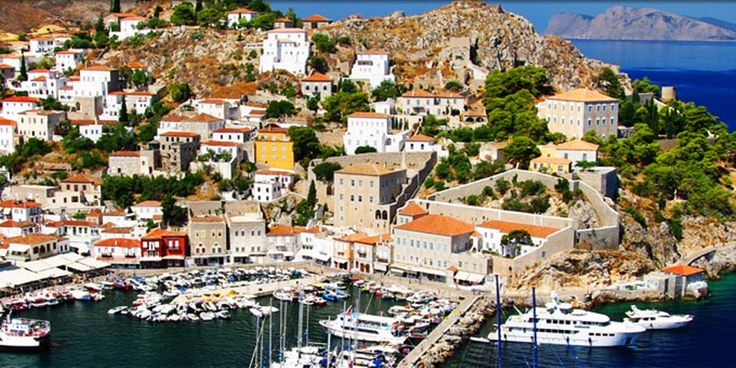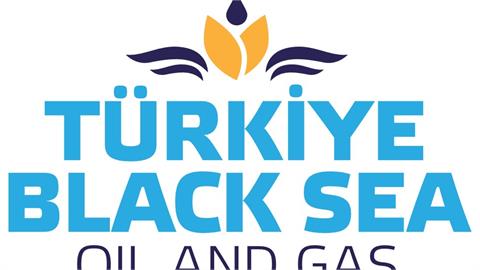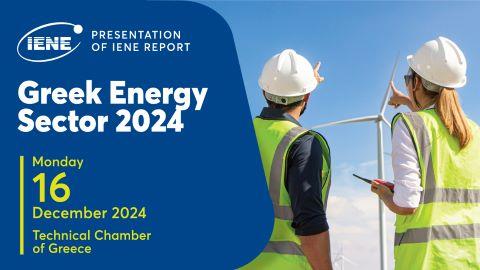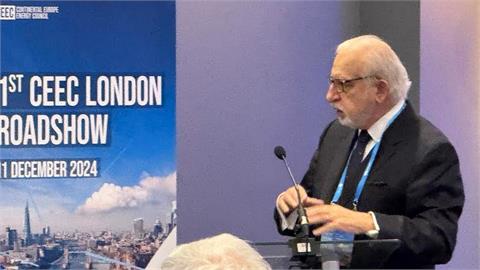Once again, the Institute, through its Chairman and Executive Director Mr. Costis Stambolis, actively participated in the annual Hydra Shipping Conference, which took place in the historic island of Hydra on September 17.
Once again, the Institute, through its Chairman and Executive Director Mr. Costis Stambolis, actively participated in the annual Hydra Shipping Conference, which took place in the historic island of Hydra on September 17. Now in its 13th year the conference has been established as a top-level elite event which brings together some of the top names from Greece’s shipping world who interact with senior experts from marine companies and from think tanks and academia, not only from Greece but worldwide.
With the global energy crisis and its impact on shipping dominating discussions in the year’s conference, the Chairman of IENE focused on this very topic in a specially prepared power point presentation entitled, “The Current Energy Crisis and the Challenges Ahead”. In his opening remarks IENE’s chairman observed that an unprecedented energy crisis has been unfolding over the last 14-18 months with steep rises in oil, gas, coal, and electricity.
According to Costis Stambolis a far worse crisis than the ones in 1973 and 1979 since it has affected the whole spectrum of energy sources. The fundamental reasons behind the crisis appear to be a real supply shortage as the global economy has expanded exceedingly fast in the post Covid-19 period. Europe is worse hit by the current energy crisis than other parts of the world as the continent has to import from Russia and elsewhere more than 60% of the energy it consumes. “The energy crisis in Europe has been further exacerbated by an ill-conceived EU embargo against Russian oil, gas, and coal imports.”, underlined IENE’s chairman.
As Stambolis explained, by blocking imports from EU’s biggest energy supplier, the continent’s energy markets have been completely destabilized with steep electricity and gas price rises and uncontrolled fluctuations. Substituting Russian gas with imported LNG can only substitute part of the missing gas molecules since the market produces finite gas quantities and no new major LNG supply is coming on stream before 2024.
Likewise in oil, there appears to be a supply shortage as a result of years of underinvestment. Hence, the global market cannot increase much production, while OPEC+, which includes Russia and controls 50% of global oil supply, is not willing to open up the taps for fear of actual shortages in the near future. As a result of actual supply constraints and steadily rising global demand, oil and gas prices are most likely to stay high over the next 12-18 months.
A predicted economic recession may curb demand, observed Stambolis but this is expected to be marginal, while oil and gas supply shortages are expected to influence a lot more price dynamics. As demand for oil and gas (especially LNG) is not expected to wane any time soon, the outlook for increased shipping activity is expected to remain strong with freight rates maintaining for some time their current elevated level.
Concluding his presentation, the Chairman of IENE focused on developments in Europe. With gas being an indispensable fuel of the energy mix, said Stambolis, and an accepted part of the energy transition, it makes sense for Europe to develop ASAP its indigenous hydrocarbon resources as well as coal, nuclear and RES. By developing its indigenous gas resources, Europe will not only lessen its energy dependence but will also reap important economic benefits. There is a complete lack of clearly defined guidelines and a positive outlook for the development of the continent’s enormous gas resource base.
A final observation is that Europe has huge potential utilizing its indigenous oil and gas resources to be found in the North Sea, in the Adriatic, in the Black Sea, in the Ionian and in the East Mediterranean. Some 10-12 tcm of proven and contingent reserves with conservative estimates that could cover 40-50 years of the European consumption.




